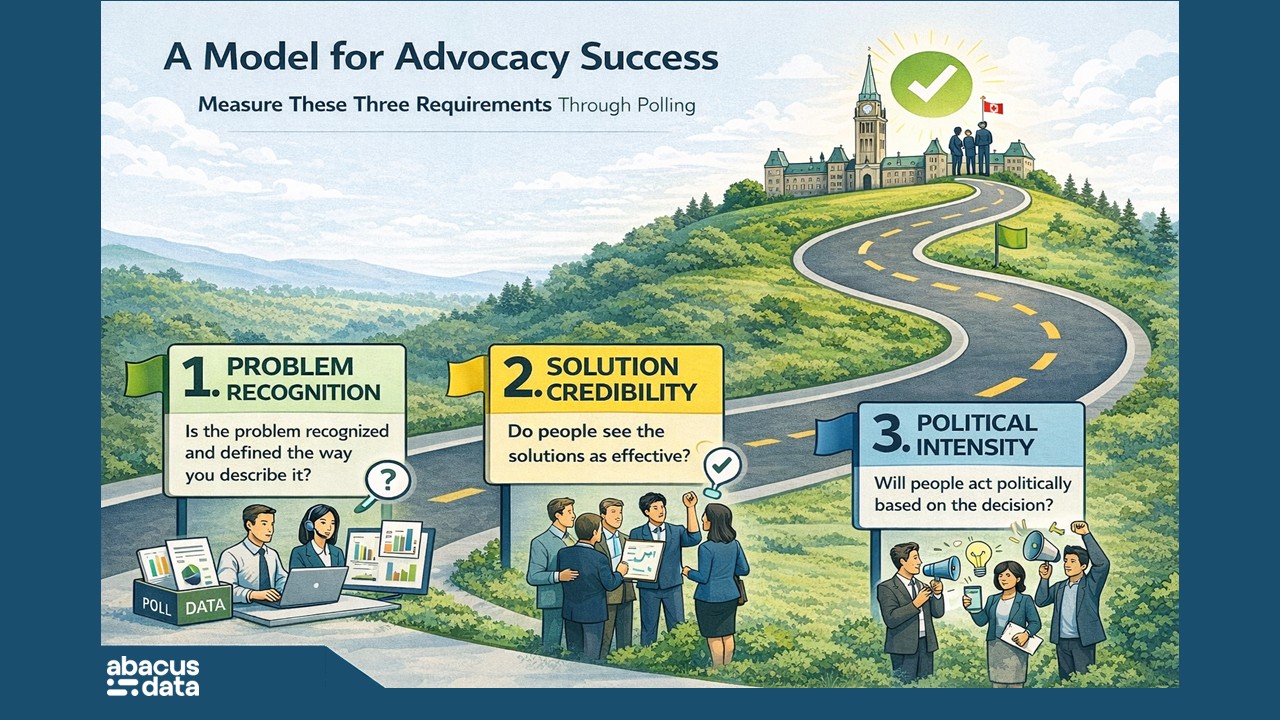Majority support merging school systems in Ontario
November 28, 2019
A slim majority (56%) of Ontarians support merging the separate (Catholic) and public school systems in Ontario into a singular publicly-funded school system. One in four strongly support the idea, while only one in ten are strongly opposed.

The question of what to do with the separate school system has been fertile ground for debate as increasing secularization in Canadian society has led many to question the logic of faith-based school funding, especially for a single faith.
Most recently, Ontario Liberal Leadership candidate Alvin Tedjo has put forward the idea as part of his bid and the Ontario Green Party has proposed merging the two systems in past election platforms.
And as Ontarians are become increasingly exposed to the tensions between the rift between Catholic teachings and evolving sensibilities on diversity and inclusion it’s a file where the status quo seems increasingly untenable.
Support for merging systems is supported by all demographic groups, but particularly Ontarians over the age of 45 who have been exposed to years of debate on the issue. Both parents of children at home and childless Ontarians alike are similarly in majority support of consolidating the systems, though parents with children at home – and with kids likely in one of the public school systems, are more likely to oppose consolidation.
By far the biggest opposition comes from Ontario’s Catholic population, constituting 30% of the population. A majority of Ontario Catholics either oppose system consolidation (45%) or are unsure (15%). Still, even 40% of Catholics in Ontario believe there should be a single public school system.

Support for consolidation is softest in Toronto, where only 17% of voters strongly support consolidation, although 55% support the idea overall.
Politically, there is very little variation – voters and vote groups of all political stripes support a single school system, though there appears to be an extra premium for consolidation among NDP voters particularly.

As this issue reemerges in the context of the Ontario Liberal Party leadership and the party focused on renewal and a refresh, it may be fertile ground for a re-litigation of how we fund education in the province.
METHODOLOGY
Our survey was conducted online with 785 Ontarians aged 18 and over from November 12 to 17, 2019. A random sample of panellists was invited to complete the survey from a set of partner panels based on the Lucid exchange platform. These partners are double opt-in survey panels, blended to manage out potential skews in the data from a single source.
The margin of error for a comparable probability-based random sample of the same size is +/- 3.6%, 19 times out of 20. The data were weighted according to census data to ensure that the sample matched Ontario’s population according to age, gender, educational attainment, and region. Totals may not add up to 100 due to rounding.
ABOUT ABACUS DATA
We are the only research and strategy firm that helps organizations respond to the disruptive risks and opportunities in a world where demographics and technology are changing more quickly than ever.
We are an innovative, fast-growing public opinion and marketing research consultancy. We use the latest technology, sound science, and deep experience to generate top-flight research-based advice to our clients. We offer global research capacity with a strong focus on customer service, attention to detail and exceptional value.
We were one of the most accurate pollsters conducting research during the 2019 Canadian Election.

Contact us with any questions.
Find out more about how we can help your organization by downloading our corporate profile and service offering.




